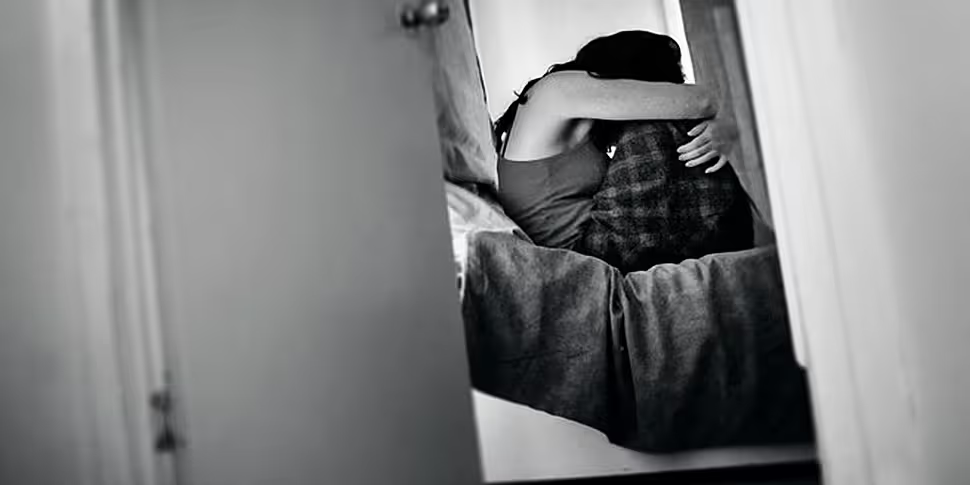To put that number in context, some 29% of women and 26% of men have suffered minor or severe incidents of domestic abuse at the hands of their partner.
Survivors of abuse often feel that they have to deal with its effects on their own; less than 25% of those who have been severely abused have reported it to An Garda Síochána, while 33% of people have never told anyone at all.
Despite all those worrying numbers, and the fact that 70% of people think that it is a problem in Ireland, the issue is one that many find difficult to address, partially thanks to the fact that it can be difficult to recognise from the outside.
There is no "typical" victim of domestic violence, and no "typical" abuser; no one person that can you can point to and say that you should watch out for these signs, or this issue. They are men and women who do not belong to one age profile, they are not all working in the same type of job, they are not all living in one area. They are, quite possibly, your neighbour, or your friend.
Therefore it's key that you can see the signs that you may need to intervene, and there are many different types of abuse which can show up in many different ways.
Victims can find themselves abused emotionally; from being humiliated or insulted by their partner in front of friends and family to their every move being monitored, leaving them scared or perhaps unable leave their home, feeling that they need to ask permission to do so.
Someone who is anxious to please their partner or is notably afraid of their partner may well be suffering emotional abuse. This can manifest itself in a conversation through remarks about their partner's temper, or describing them as possessive and jealous.
They may even be restricted by their partner when it comes to accessing money or transport, in particular getting access to the household car, or prevented from seeing their friends or family in other ways.
This can also take the form of financial abuse, or abuse in which someone can sabotage the work that their partner does, including harassing them at their workplace. This also extends to household finances, from running up debts on joint bank accounts to withholding access to money for basic needs and provisions.
Physical abuse is the most recognised form of domestic abuse for most people, from being punched, kicked or choked to being threatened or hit with weapons. Domestic violence also includes hurting a partner's children, throwing objects, kicking doors, punching walls or threatening them with harm, including in sexual situations.
All of these factors may well lead to someone becoming depressed, and feeling isolated from the outside world, resulting in severe anxiety.
While every sign of anxiety and depression should be taken seriously, it's important to look for other signs: are they choosing to avoid social situations? Are they engaging in dangerous or self-harmful behaviour, or becoming hopeless about the future?
There are many signs to look out for, and a victim of abuse can show many of them at the same time, or very few of them in public. Overall, follow your instincts. If you’ve noticed any of these warning signs and expect that someone you know is being abused, don’t wait for them to approach you. Look for a private moment where you can express concern and let them know you’re there to give support.
However, before you get involved, ask yourself if it’s safe and legal to intervene. If the situation is already violent or looks like its escalating quickly, don’t directly intervene, call the Gardaí on 999.
The only effective bystander intervention is a nonviolent one. If you try to "rescue" a victim or fight off an abuser, you’ll not only be endangering yourself, but the abuser might take out their anger on the victim later. The victim could end up more isolated, and less likely to seek help later on.
A message from Cosc, supported by Newstalk 106-108fm. For further information visit whatwouldyoudo.ie









